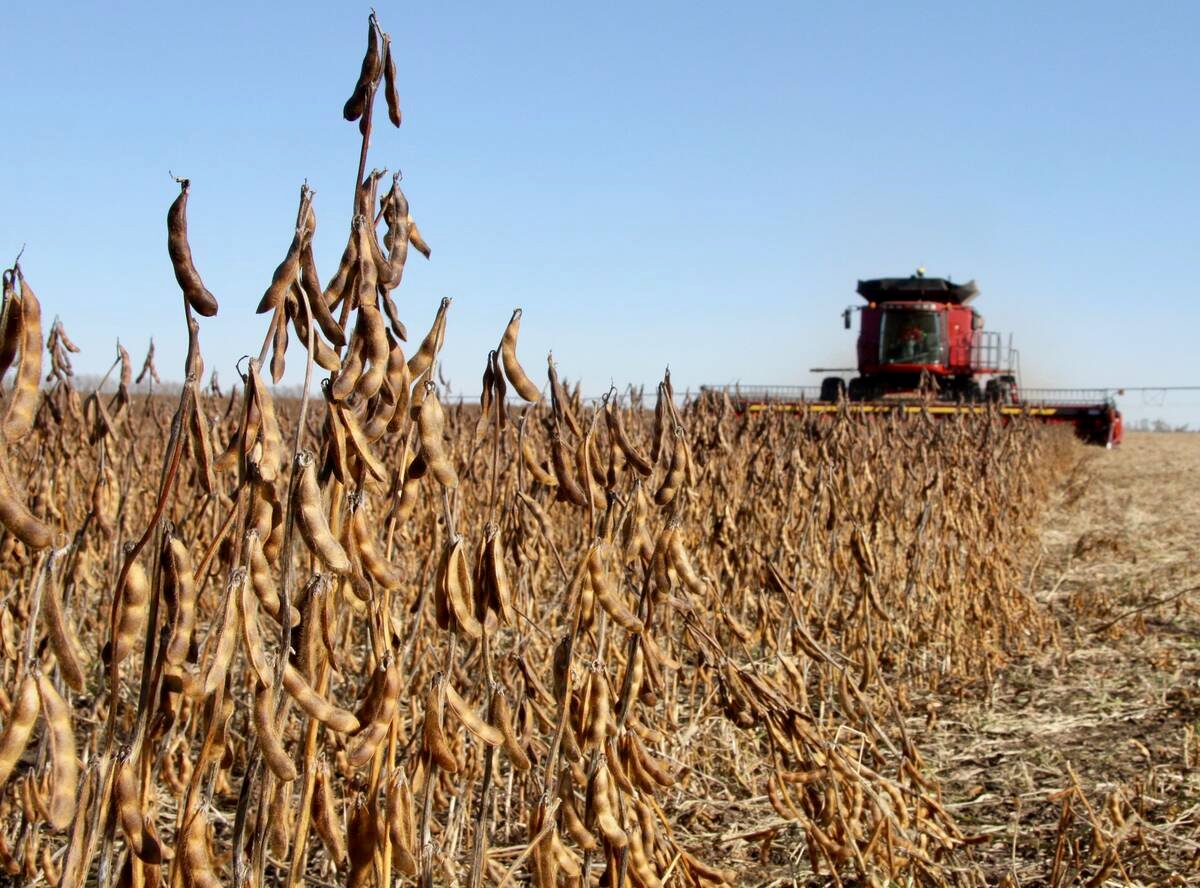Farmers from the Red River Valley hope the provincial government extends seeding deadlines for crop insurance this year.
Ian Forrester said if flood predictions come true and a large part of the Red River Valley is under water, it would be nice to have an extra week to get the crop in the ground.
Forrester said the government should change the deadlines to alleviate stress for farmers during seeding.
Area farmers eligible for insurance must have Argentine canola planted by June 10, cereals, flax and mustard by June 15, and Polish canola by June 20.
Read Also

U.S. soybean crop was not all roses this year
The USDA is forecasting record U.S. soybean yields but for some growers it was a disastrous year due to excess moisture.
Neil Hamilton, acting director of the Manitoba Crop Insurance Corporation, said it’s hard to move seeding deadlines once they’re set.
Hamilton said crops seeded on the last day achieve only 80 percent of their expected yields. Farmers in other parts of the province have asked for extensions but not received them, he added.
He said farmers can buy unseeded land insurance. For most areas, it costs 56 cents per acre for $40 per acre coverage.
The deadline for the unseeded land insurance for this year was last August.
Upcoming changes
Hamilton presented several changes for crop insurance in the coming year:
- For most crops, the corporation will provide insurance for varieties chosen by farmers. The corporation used to put out a list of varieties it will insure, but stopped because of less research money and a proliferation of varieties.
- Crops will be insured at the full market prices forecast by Agriculture Canada. Last year, values were capped at 85 percent of the market prices. Hamilton explained the corporation was worried high grain prices last year would mean it wouldn’t be able to afford to pay for the full value of the crop.
- The corporation may also offer insurance for native hay to help farmers around lakes Winnipeg, Manitoba and Winnipegosis, who rely on it for feeding cattle. The farmers have been hit hard by flooding during the past couple of years.














